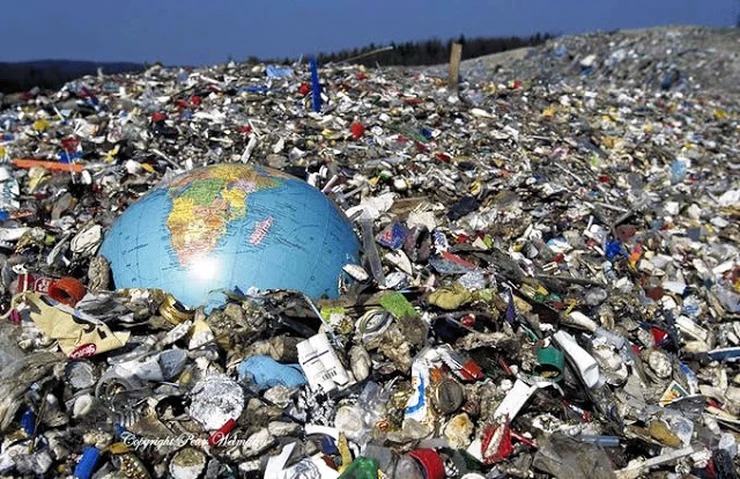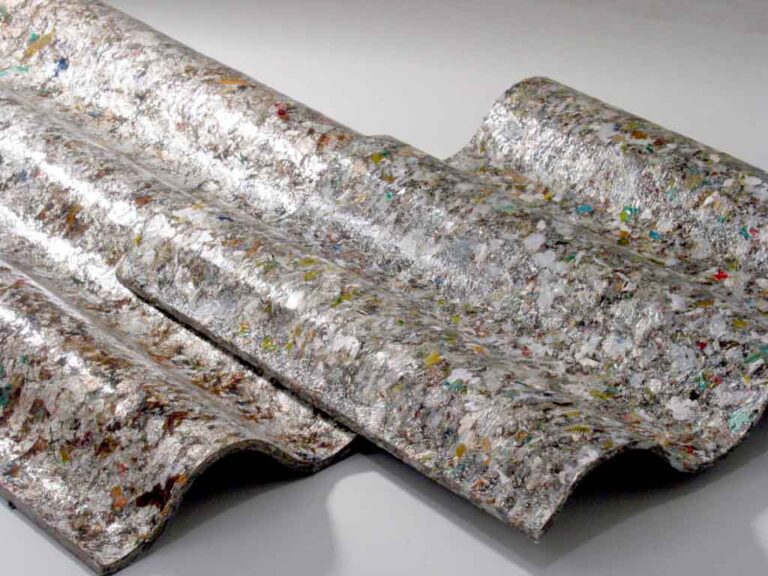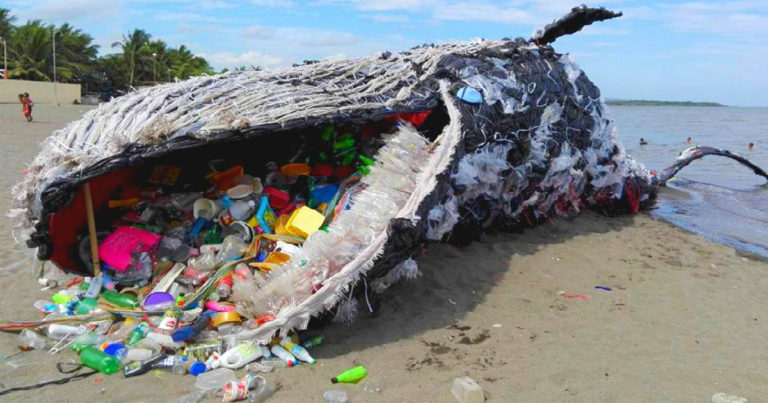A eradication of landfills is a critical issue in Brazil, a problem that should have been solved years ago, but continues to be ignored. The National Solid Waste Policy (PNRS), which predicted the eradication of landfills by August 2014, was not implemented, and the reality is that many cities still live with this environmental problem. In this post, we will address the reasons why landfills continue to exist, the environmental and social impacts of this practice and what can be done to finally eradicate them.

The History of Legislation on Landfills in Brazil
A environmental legislation Brazilian society has a long history of disrespect, especially when it comes to solid waste management. eradication of landfills was established as a goal in the National Solid Waste Policy, approved in 2010, and should have been met by 2014. However, the lack of compliance with environmental laws in the country is a reflection of decades of disrespect for established standards.
In 2015, a provisional measure extending the deadline was vetoed by then-President Dilma Rousseff, which theoretically maintained the requirement for all municipalities to comply with the new rules. However, this decision did not result in any practical changes, and many municipalities continue to operate open-air dumps, in total disagreement with the legislation.
The Environmental Impact
You landfills are a constant source of pollution, affecting soil, water and air. Open-air waste disposal without any type of control has serious consequences for the environment. When waste deposited in landfills decomposes, it releases chemical substances that can contaminate groundwater, damaging the water supply of entire communities.
Furthermore, landfills contribute to the emission of greenhouse gases, such as methane, which is released during the decomposition process of organic waste. This worsens the problem of climate change, an issue that affects not only Brazil, but the entire world.
The Political Question and the Unwillingness to Implement Change
One of the biggest challenges is the lack of political will. Although there are laws prohibiting the creation and maintenance of landfills, many municipalities have yet to implement adequate waste collection and treatment systems. Solid waste management is an area that requires investment, both in infrastructure and human resources. However, the issue is often relegated to the background, with mayors and governors postponing solutions to the problem.
Among the main obstacles to progress in this area, we can highlight:
- Budget: Solid waste management represents one of the largest municipal expenses, and there is often a diversion of resources that should be allocated to this area.
- Non-technical positions: Many of the positions responsible for waste management are occupied by people without adequate training, which leads to inefficient implementation of public policies.
- Lack of electoral priority: Unfortunately, the proper management of solid waste is not a topic that attracts votes, and for this reason, it is often ignored in campaigns and political mandates.
Given this, it still seems far away, unless there is a significant change in the way waste management is handled in Brazil.
The Social Effects of Landfills
In addition to the environmental impacts, the landfills also directly affect society. Populations living near these areas are exposed to health risks due to water and soil contamination, as well as increased proliferation of disease vectors such as rats and mosquitoes.
The presence of landfills is also related to issues of social inequality. Often, people in vulnerable situations end up working in these places, informally collecting recyclable materials in unhealthy conditions. eradication It is therefore a matter of social justice, since the elimination of these areas can significantly improve the quality of life of these populations.
Paths to the Eradication of Landfills
A eradication of landfills requires a multifaceted approach, which involves both the implementation of effective public policies and raising public awareness. Some of the solutions include:
- Investment in landfills: One of the alternatives to landfills are sanitary landfills, which have control systems to prevent contamination of the environment.
- Selective collection and recycling: Expanding selective collection and encouraging recycling are essential measures to reduce the amount of waste sent to landfills and dumps.
- Environmental education: Raising awareness among the population about the importance of reducing, reusing and recycling their waste is essential to changing behavior.
- Private sector involvement: Public-private partnerships can help accelerate the construction of adequate waste treatment infrastructure.
A eradication of landfills will not be possible without the involvement of all sectors of society. It is necessary to pressure governments to comply with existing laws and invest in sustainable solutions for waste treatment.
The Urgency of Solving the Landfill Issue
A eradication of landfills in Brazil is an urgent issue that involves both the environment and public health and social justice. Decades of disrespect for legislation and a lack of political will have kept the country stuck in an outdated and harmful waste disposal model.
In order for us to move forward, it is essential that citizens get involved in the issue, demanding concrete actions from their representatives and doing their part to reduce and recycle waste. Only by joining forces will it be possible to transform this reality and ensure a more sustainable future for future generations.
A eradication of landfills must be a priority, and it is our duty as citizens to fight for a cleaner and fairer Brazil.
Check out other interesting facts about recycling clicking here.
Learn how to make art by recycling, Click here.




I am in the Praicicaba region. I accept donations and pick them up on site. I am looking for buyers. I have various types of plastic, baled or non-metallic, cardboard paper. I buy bottles and boxes. Thank you.